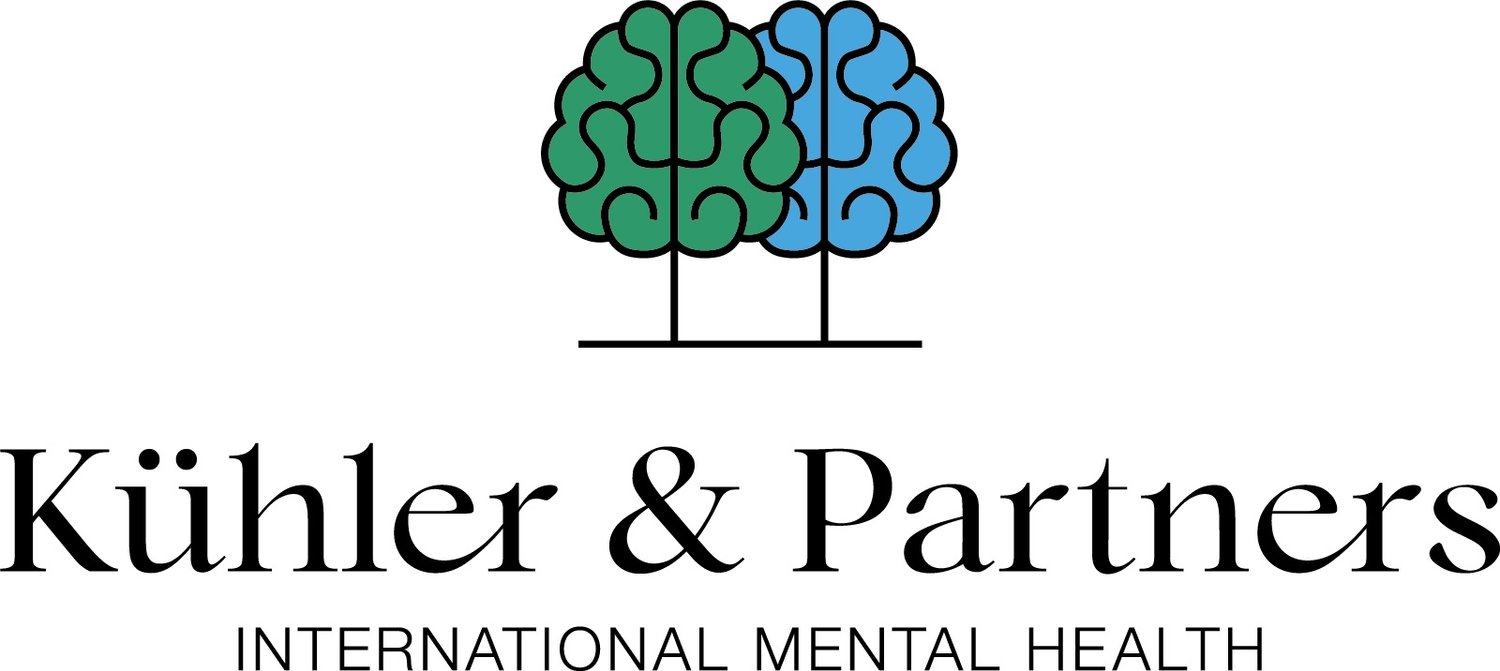What is procrastination?
Don’t you just love those summer days in the office, when the usual stress seems to have disappeared and you suddenly can take time to do everything in a calm and thorough manner? Or do you suddenly become less productive when you have plenty of time to do things? You check your phone twelve times per hour, get an extra cup of coffee, decide to read that interesting article before you start with your work…
The same thing can happen when you actually tons of work to do. Your to-do-list seems endless, and you can’t seem to figure out where to start. So you decide to start with some coffee, watch the news, do laundry… and suddenly 2 hours have passed and you haven’t been able to cross anything off your list.
I’m sure you – just like all of us – have been there: the procrastination-mode.
When we procrastinate, we put off important tasks we should be doing until it’s too late. And when it is indeed too late, we panic and wish we got started earlier. For some people it’s an incidental handicap, but for some people chronic procrastination can take on serious forms. Delaying, putting off things, slacking, hiding from work, facing work only when it’s unavoidable, then repeating this loop all over again. Procrastination is a bad habit that can cause tremendous stress, anxiety and depression.
Piers Steel, author of the book “The procrastination equation: How to stop putting things off and start getting stuff done” has a clear definition of procrastination:
“Procrastination in to voluntarily delay an intended course of action, despite expecting to be worse off for the delay”
In other words: we do things that are more pleasant first and put off our unpleasant activities – knowing that we will be worse off at the end. If this behavior is absolutely not functional, why do so many human beings do it?
The answer is: human beings have limited self-control. Psychologists from Florida State University have been studying self-control and they found that, just like any muscles, human’s self-control is a limited resource that can quickly become exhausted. When self-control is close to being depleted, human tend to choose what’s more pleasurable– the immediate procrastinated tasks instead of the actual works.
At its core, procrastination is an avoidance strategy. Procrastinators choose to do something else instead of doing what they need to do because it’s much easier to choose pleasure over pain. If you have mild problems with procrastination, you might benefit from the tips in our upcoming blogs. If you feel procrastination is causing serious problems in your life, please contact us to see if we can help.
Source: https://www.lifehack.org/669901/how-to-stop-procrastinating

